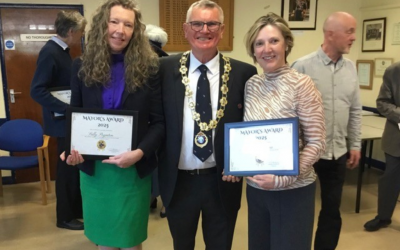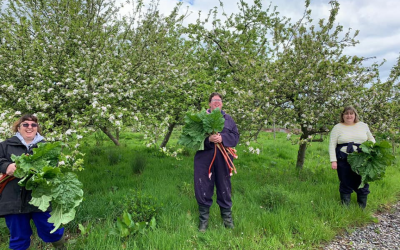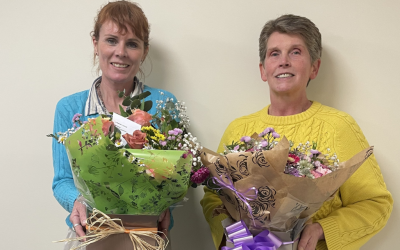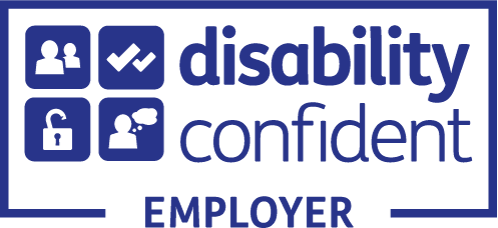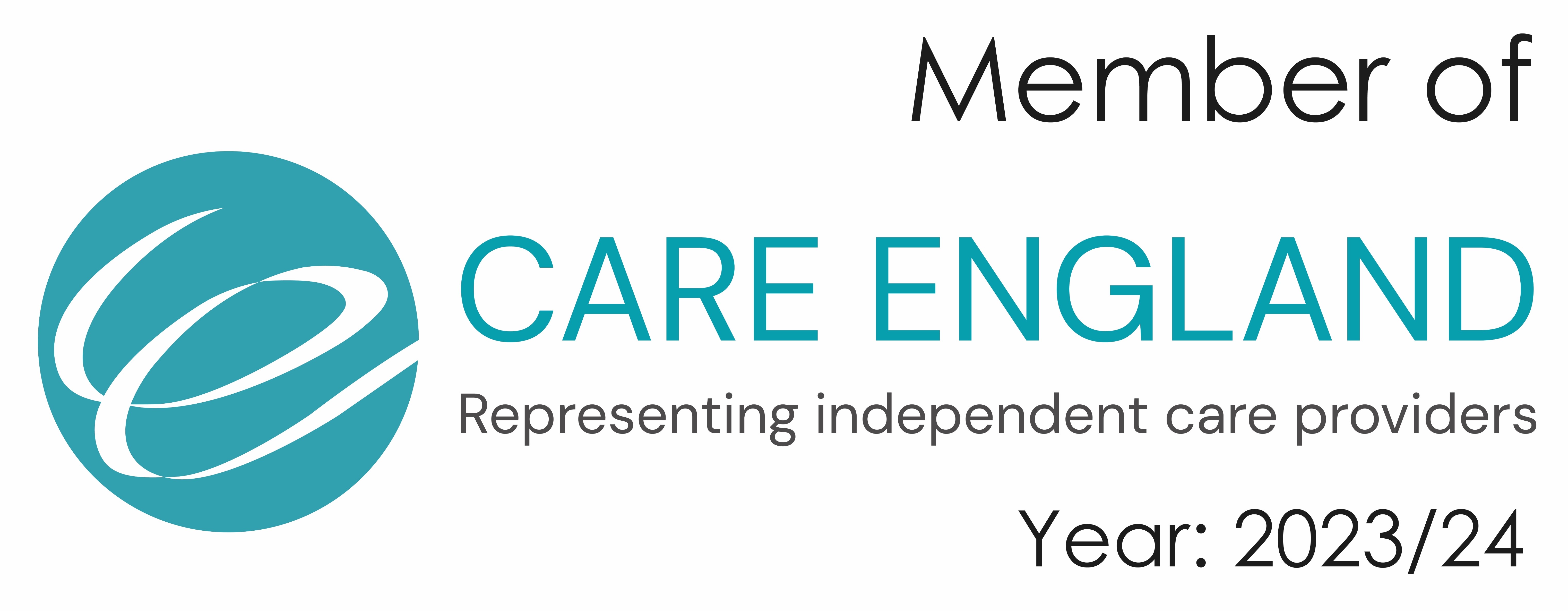We understand that the move to Adult Social Care can seem overwhelming and daunting, whether you are a young person moving on from college, a family member or someone who has not received formal support before.
We want to provide helpful information to anybody that has questions about the transition to Adult Social Care journey. On this page you will find resources from us and signposting to additional support.
Check out our video hub covering topics such as supported living, support workers and relationships. You can also find more videos on our “Case Studies” page.
Still have questions? We’d love for you to get in touch, please use the contact form below and a member of our team will get back to you as soon as possible!
Frequently Asked Questions
What is meant by “transition”?
“Transition” means changing from one state to another. In this context it means the move to adult social care services. This often refers to the time between 18-25 when a person moves onto adult social care services. This is sometimes called “transition to adulthood” or “preparing for adulthood”.
However, someone can “transition” into adult social care services at any time in their life. You may have been supported at home by a family member for many years and are now looking to move into supported living or receive another type of formal support.
What is supported living?
Supported Living is a model of service, enabling people to live in their own home, single occupancy or shared with other people, with the support each person needs, whether that’s 24 hours a day or less.
Each person is a tenant of the property they occupy, with a tenancy agreement, providing them with the security to live in their own home with the support they need and have the same rights and responsibilities that other people in the community experience.
What does an average day look like in supported living?
An average day in supported living will depend on you!
Anyone who is providing you with support should get to know your routine, whether this includes going to college, a day opportunity, going to work, seeing family or friends or running errands.
We will always try and support you to plan your week, so you know what you’ll be doing each day. We recognise routine is important to lots of people so will support this as best we can.
Support workers or our managers may also talk to you about new opportunities and things to do to see if you would be interested. You do not have to say yes to these suggestions.
How do we know the support will be good quality? Can we give feedback?
In services where personal care is delivered, all providers must be registered with the “Care Quality Commission”, (they are a bit similar to Ofsted, but for adult social care) they want all providers to demonstrate they are running services that are SAFE, EFFECTIVE, CARING, RESPONSIVE and WELL-LED.
We are really proud of the fact that all Bethphage services that are registered with the CQC have been consecutively judged “good” in all 5 domains. This means that we are Good everywhere.
At Bethphage, we also have our own internal quality checks, these are completed by our quality team.
We will always encourage the people we support, their families and the people that matter to them to give feedback on our support. We have a feedback policy that will be shared with you when you join us, and we ask for feedback annually through surveys.
How do finances work?
As your support provider, we can support you with everyday finance skills like budgeting, shopping and saving.
You may also have an “appointee”, this is a person or organisation that can look after your finances on your behalf, they will also support you to receive any benefits you are entitled to, such as housing benefits and “personal independence payment” (often called “PIP”).
What is the recruitment process? How are staff selected? Are families involved?
Every supporter provider will have a different recruitment process. At Bethphage, we are always reviewing our recruitment process to ensure it is the best it can be. We focus on “values based” recruitment. This means we want to make sure our staff share Bethphage’s values of honesty, respect, active involvement and personal growth.
Following an initial phone interview, candidates are invited to one of our “recruitment days”. These days, held at our head office in Shrewsbury, include; a presentation about Bethphage, group discussions on topics such as “what makes a good support worker?”, a formal interview, written assessment and a session where people we support are invited to meet the candidates, chat, play board games and get to know each other.
The people we support who attend these interview days give feedback on all the candidates, which helps the hiring manager make their final decision.
We look for people who are “person-centred”, keen to promote independence and recognise and respect people’s individuality.
If a candidate is unable to attend recruitment day, they will have a face-to-face interview followed by a meet-and-greet with people we support.
Families can be involved in recruiting support workers. This involvement can take various forms, such as providing input on the qualities and skills they believe are important.
Will I get to continue with my activities and doing the things I enjoy?
We will always support you to continue to do the things you enjoy. You can also be supported to try new things.
When do we need to think about transition?
It is always helpful to plan ahead, if the person is of school age, these conversations may start to happen from around the age of 13 or 14, when they have their annual education health and care plan assessment (EHCP).
If your child is an adult still living at home with you, you may also want to think about transition to independent living. There is no right or wrong time to start thinking about this, you can think about this any time.
How long does "transition" take?
This will depend on the person and how long they need, how long it takes to assess and gather information about their support, what they want and how to achieve this.
It may also take time to identify suitable accommodation and then potentially make adaptations to ensure the property is ready. Once ready, regular visits can be made if needed to help the person get used to the idea of moving there and to help ensure it is the right fit for them.
Who else will be involved with the transition?
This depends on the person. It can involve whoever is important to them and who they want to be involved. This could include, parent/carers, social workers, speech therapists, Occupational therapists, support providers, teachers and advocates.
What other types of support are there?
Day Opportunities:
Sometimes called “day centres”, day opportunities provide support and activities, often recreational and educational, to people with various support needs usually on a weekday.
The schedule and type of activity will depend on the day opportunity. Bethphage has three different day opportunities including:
Innage Lane in Bridgnorth: featuring a tailored activity programme, which is renewed and revised on a term-time basis. This also includes a thriving social enterprise with products made and sold by the people we support to the local community.
Our Space in Ellesmere: a lively community hub, library and day opportunity service. Our Space is a community building, with members of the local community utilising library services and events, which helps to reduce isolation and encourage/promote community connections and engagement.
Blossom Barns in Chelmarsh: A farm-based day opportunity where people supported get involved in the everyday running of the farm including horticulture, animal care, cooking and running the onsite shop.
Registered Care Homes:
Care homes can be helpful for people who may have more complex needs and need some extra support. This could be a steppingstone before they go onto supported living. Support in a care home is 24/7.
Domiciliary Care (sometimes called “dom care”):
This is support provided in your own home, often with daily tasks such as meal preparation, medication, personal hygiene etc. Visits can be shorter with domiciliary care, sometimes a care worker may only be with you for 30 minutes or a couple of hours.
Shared Lives:
Shared Lives offers people an alternative and flexible form of live-in, respite accommodation. People supported by Shared Lives will live with approved Shared Lives carers in their family home on a short term (respite) or long-term basis.
Personal Assistants (sometimes called “PAs”):
The role of a PA will be similar to a support worker; they can support you in your home with household tasks and out and about. The difference is that a PA will be independently employed by you, rather than by the local authority, a support provider (like Bethphage) or an agency.
What about safeguarding?
Safeguarding is everyone’s responsibility, this underpins everything we do at Bethphage.
Click here to learn more about safeguarding at Bethphage.
What about health support? Doctor's appointments etc.?
You should always be supported to access your health appointments and meet your health needs.
At Bethphage, we have a registered nurse on our team as a “Health Promotion and Improvement Lead”, their role is to support staff and people we support to obtain the best health outcomes possible.
We understand that often, people with a learning disability or autism will have built up a relationship with their family doctor, where possible, we will ensure continuity and keep you with the doctor’s surgery that is familiar to you. However, we know that sometimes this is not possible due to factors such as location. If you have to move to a new doctor’s, we will ensure this goes as smoothly as possible and support you to get to know your new surgery.
It is now compulsory for all health and social care staff to receive “Oliver McGowan Mandatory Training on Learning Disability and Autism” which aims to give all staff a greater understanding of learning disabilities and autism when interacting with healthcare settings.
What is Assistive Technology?
Assistive Technology (sometimes called “AT”) is technology that can be used to enhance independence. It might sound complicated, but there’s lots of different kinds of assistive technology, you may already use some!
One example of AT could be an Amazon Alexa that reminds someone to take their medication. Others could be fall detectors that can let someone know if a person has fallen, talking clocks, or a one cup kettle which fills your cup with enough hot water for one cup of tea or coffee with one button.
At Bethphage, we know how important assistive technology can be, which is why we employ an “Assistive Technology Lead” who works with people we support and staff to identify where AT might help someone be more independent and implement it with them.
Will I get to see my family and friends when I want to?
You will always be supported to keep in contact and see the people who matter to you.
Jargon Buster:
We know there’s a lot of information to take in when you’re thinking about the move to adult social care services. Some of this information may have words or phrases in that you’re unfamiliar with, we hope our jargon buster can help untangle some of these terms!
"Transition to Adulthood"
"Transition to Adulthood"
In this context it means the move to adult social care services. This often refers to the time between 18-25 when a person moves onto adult social care services. This is sometimes called “preparing for adulthood”.
"Supported Living"
"Supported Living"
Supported Living is a model of service, enabling people to live in their own home, single occupancy or shared with other people, with the support each person needs, whether that’s 24 hours a day or less.
"Day Opportunities"
"Day Opportunities"
"Day Opportunities", sometimes called “day centres”, provide support and activities, often recreational and educational, to people with various support needs usually on a weekday.
Read about Bethphage's Day Opportunities
"Support Worker/Care Worker"
"Support Worker/Care Worker"
Support workers, sometimes called "care workers", are employed by a care provider or local authority. They support people in various ways to live happy and fulfilling lives. This might include support with household tasks, shopping, or any of your hobbies.
"Person-Centred Planning"
"Person Centred Planning"
Person Centred Planning is about putting the view, needs and preferences of a person receiving support at the centre when planning their care and support.
"Positive Behaviour Support"
"Positive Behaviour Support"
A Positive Behaviour Support approach (PBS) aims to understand the reasons behind an individual’s behaviours of concern and offer person-centred solutions to enable them to have a better quality of life.
Read more about PBS here
Still have questions?
Your local authority will provide infromation on the preparing for adulthood process online:

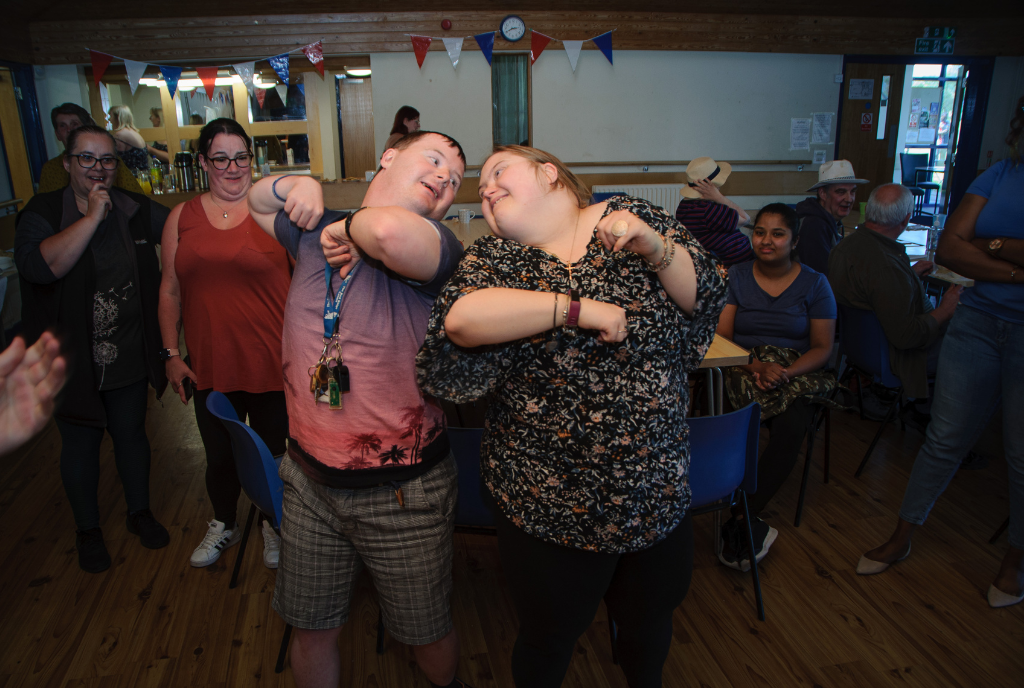
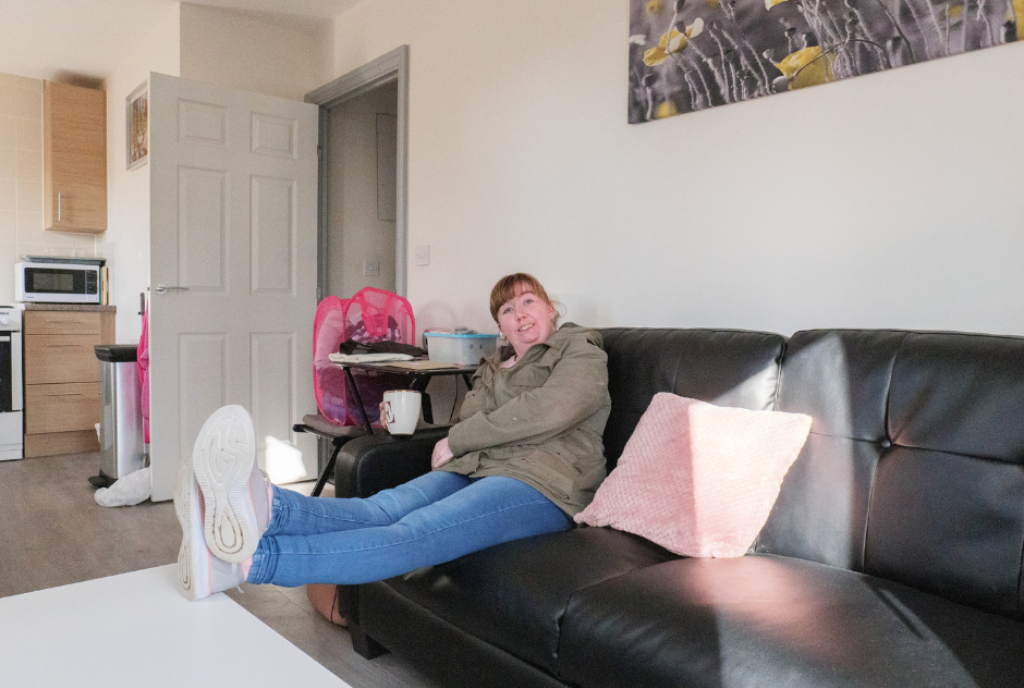
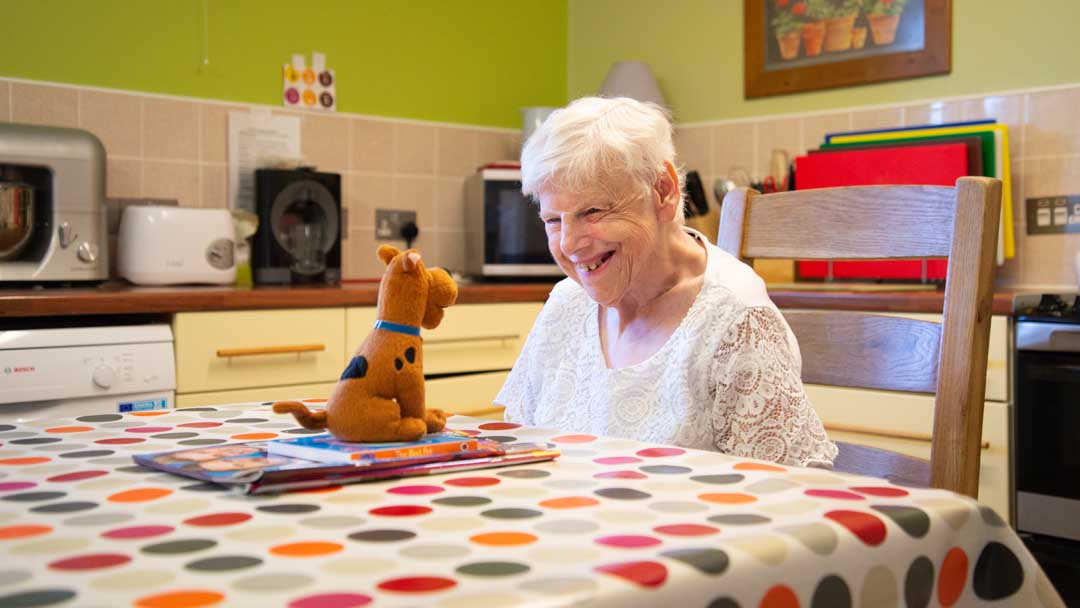
“Staff had developed close and trusting relationships and detailed care plans with the people they supported, were aware of their life histories and their expressed preferences.”
CQC Inspection Bradbury Court 2019
Latest Bethphage News
Our Space and Library Honoured at Mayor Awards!
A number of our fantastic team at Our Space Community Centre and Library in Ellesmere were recently honoured at the annual Town Mayor’s Award with outgoing mayor, Graham Hutchinson!
Bethphage Secures Green Spaces Funding for Community Orchard.
Bethphage Secures over £18000 Shropshire Council Green Spaces Funding for Community Orchard.
Read More…
Bethphage wishes CEO a happy retirement
You may have seen in our recent posts that Helen Nickless will be taking over the reins from Stef Kay as the new Chief Executive Officer of Bethphage on the 1st of April.
People we support and staff joined us as head office to wish Stef all the best in her retirement!
Head Office
(Registered Address)
8 Longbow Close
Harlescott Lane
Shrewsbury
SY1 3GZ
Tel: 01743 272880

